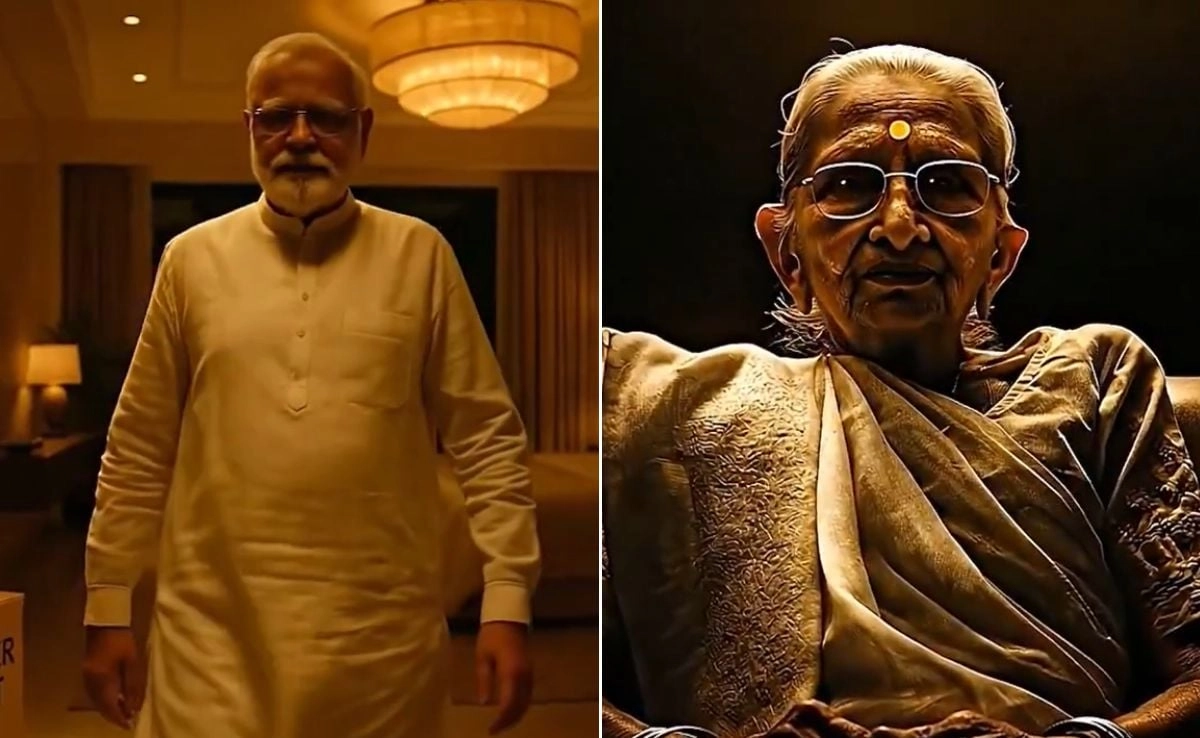The recent release of an AI-generated video featuring Indian Prime Minister Narendra Modi’s mother has sparked considerable debate regarding its legal implications. Experts are weighing in on whether Congress, the opposition party that produced the video, could face legal repercussions for its use of artificial intelligence in creating such content. The video, which portrays the Prime Minister’s mother in a manner that could be seen as politically provocative, raises questions about the ethical boundaries of AI technology in political discourse.
Legal experts suggest that the potential for legal punishment hinges on several factors, including the context in which the video was released and the nature of its content. If the video misrepresents facts or manipulates the portrayal of individuals in a misleading way, it could be deemed defamatory or in violation of laws concerning misinformation. Furthermore, the use of AI in generating deepfake content is particularly contentious, as it blurs the lines between reality and fabrication, potentially harming reputations and influencing public opinion.
The implications of this incident extend beyond just Congress. It highlights the broader challenges posed by AI in the political landscape, where the line between genuine and artificial can easily become obscured. The incident raises pressing questions about accountability and the regulation of AI technology, especially in political campaigns. As political narratives increasingly rely on digital media, the need for clear guidelines governing the use of AI in such contexts becomes more urgent.
In conclusion, while the legal landscape surrounding AI-generated content is still evolving, this incident serves as a crucial reminder of the responsibilities that come with technological advancements. As society grapples with the ethical considerations of AI, it is imperative for lawmakers and institutions to establish frameworks that protect against misuse while fostering innovation. The outcome of this situation could set important precedents for future interactions between politics and technology.




